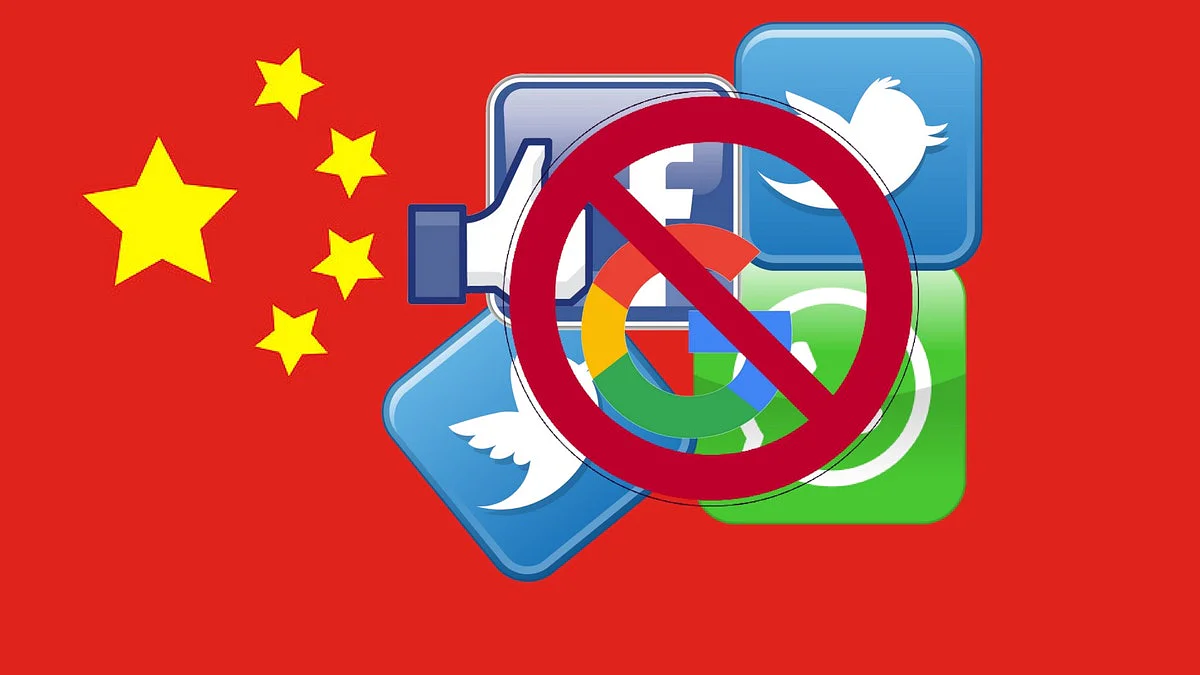In China, social media platforms like Facebook, Twitter, and Snapchat are banned. The Chinese government has its own version of these platforms that are heavily censored. This is done in order to control what the Chinese people can see and post online. The government also monitors online activity and can punish those who speak out against the regime.
Social media in China
Social media is a huge part of our lives. It’s a way to stay connected with friends and family, share our thoughts and experiences, and keep up with the world around us. But in China, social media is heavily censored by the government.
There are several popular social media platforms that are banned in China, including Facebook, Twitter, and Instagram. This is because the Chinese government doesn’t want its citizens to have access to information that could be critical of the government or be used to organise protests.
While it’s difficult for foreigners to access social media in China, it’s not impossible. There are ways to get around the censorship, but it takes some effort. If you’re planning on travelling to China or living there, it’s important to be aware of the restrictions on social media and plan accordingly.
What is banned
As of September 2020, Facebook, Twitter, Instagram, and Snapchat are all banned in China. This is due to the Chinese government’s strict censorship laws. All four of these platforms are blocked by the “Great Firewall of China.”
The Chinese government has very strict censorship laws when it comes to the internet. They believe that by censoring the internet, they are able to control what the population is exposed to. This includes controlling what information is available, as well as limiting freedom of expression.
The Great Firewall of China is a system that blocks access to certain websites from within China. It was first put into place in 2002 and has been continually updated since then. It currently blocks over 10,000 different websites, including all four of the major social media platforms mentioned above.
As of September 2020, Facebook, Twitter, Instagram, and Snapchat are all banned in China. This is due to the Chinese government’s strict censorship.
The Chinese government has a long history of censoring the internet and social media. In 2009, they enacted the “Golden Shield Project,” which was a system of internet filters and censors that blocked certain websites and content.
Social media platforms like Facebook, Twitter, and Instagram are all banned in China. The only social media platform that is allowed in China is WeChat, which is owned by the Chinese company Tencent.
Why it’s banned
Since the late 1990s, the Chinese government has been increasingly censoring the internet within its borders. In 2002, the government implemented the Golden Shield Project, also known as “The Great Firewall of China,” which monitors and blocks internet content that is deemed threatening to the Communist Party’s rule. This censorship has only intensified in recent years, as the Party attempts to quash any dissent or criticism online.
One of the most well-known examples of this censorship is the ban on social media platforms such as Facebook, Twitter, and Instagram. The Chinese government argues that these platforms are a threat to national security, and they are frequently used to spread “false information” and “propaganda.” While it is technically possible to access these platforms using a virtual private network (VPN), doing so is illegal in China and can result in harsh penalties.
How people get around the ban: VPNs, WeChat
China has one of the most restricted internet environments in the world. The Chinese government heavily censors and monitors online content, and blocks many foreign websites and social media platforms. However, there are ways for people to get around these restrictions using Virtual Private Networks (VPNs) and WeChat.
VPNs allow users to connect to a private network and access the internet with increased security and privacy. Many people use VPNs in China to bypass government restrictions and access blocked websites such as Google, Facebook, and YouTube. WeChat is a popular messaging app that is not censored by the Chinese government. It can be used to communicate with friends and family, make online payments, and even book taxis.
The impact of the ban
The Chinese government’s decision to ban social media has had a profound impact on the country’s population. The most obvious consequence is the loss of freedom of expression. For many people, social media is the only platform on which they can share their thoughts and opinions freely. Without it, they feel censored and restricted.
The ban has also led to a more divided society. People are now less likely to communicate with those who have different political views. This has made it difficult for people to understand and empathise with each other. It’s also made it easier for the government to control the narrative and spread propaganda.
The social media ban has had a negative impact on Chinese society. It’s made it harder for people to communicate and understand each other, and has limited freedom of expression.
Conclusion
When it comes to social media, China is a country that is largely unknown. This is due in part to the fact that the Chinese government has placed a ban on many popular social media platforms like Facebook, Twitter, and Instagram. While this may seem like a case of the government censoring its citizens, there are actually some valid reasons for why the ban is in place.
One reason for the social media ban is that the Chinese government wants to control the flow of information within its borders. By banning foreign social media platforms, they are able to more easily monitor and censor the content that its citizens are exposed to. While this may not be an ideal solution for those who value freedom of information, it does help to keep China’s population more unified.








